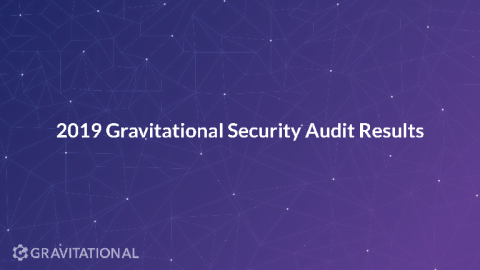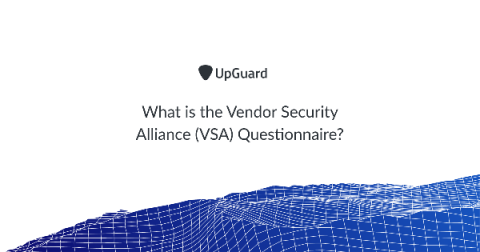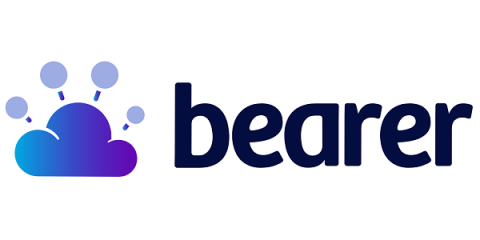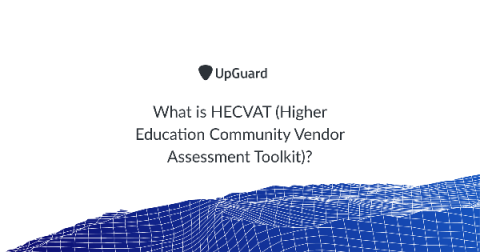Security Audit Results for Our Open Source Products
We now live in an era where the security of all layers of the software stack is immensely important, and simply open sourcing a code base is not enough to ensure that security vulnerabilities surface and are addressed. At Gravitational, we see it as a necessity to engage a third party that specializes in acting as an adversary, and provide an independent analysis of our sources.









